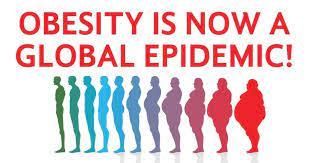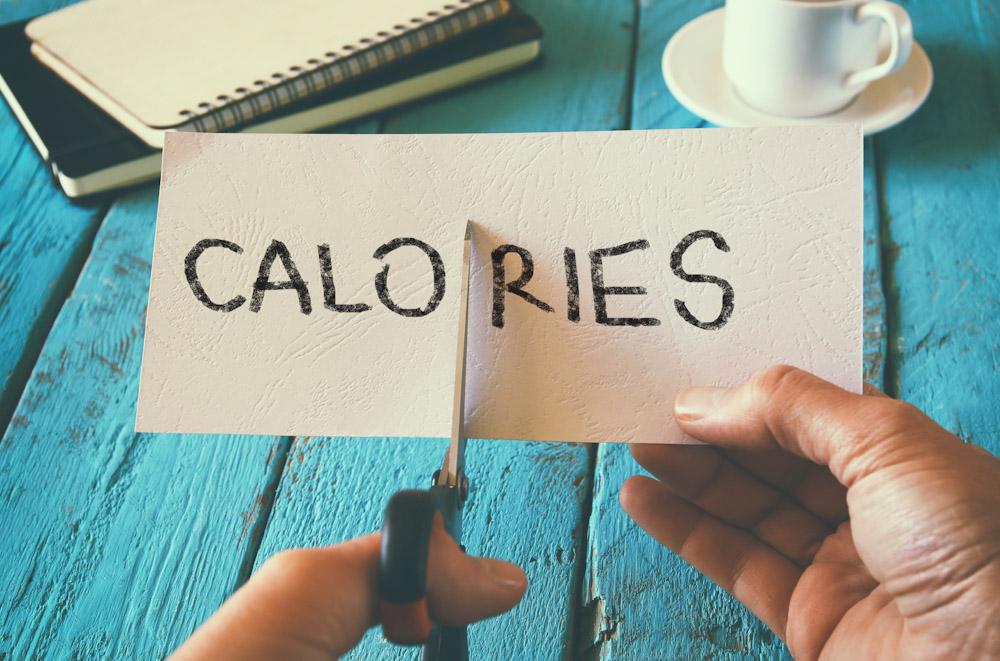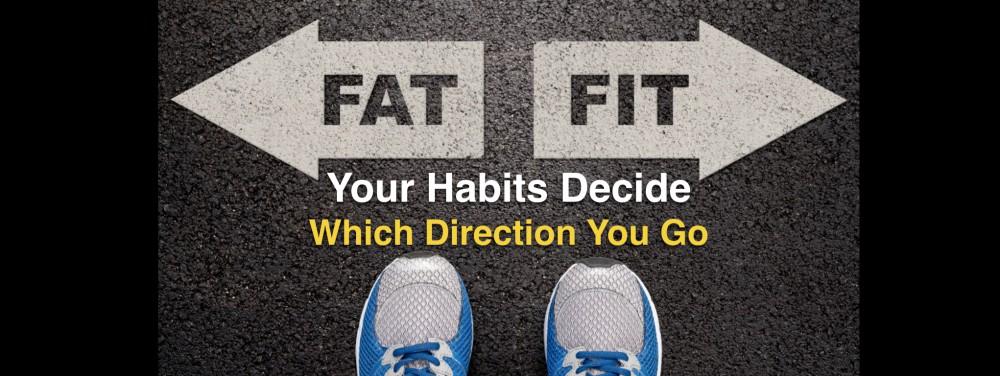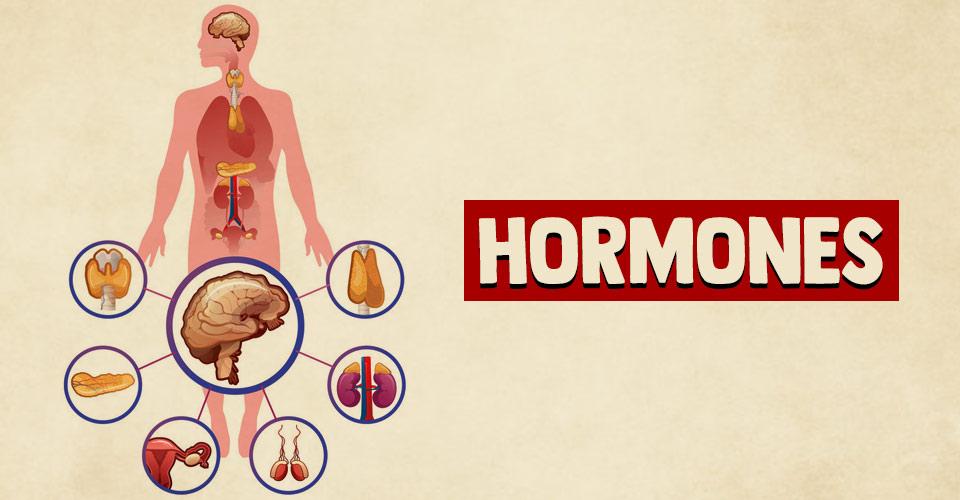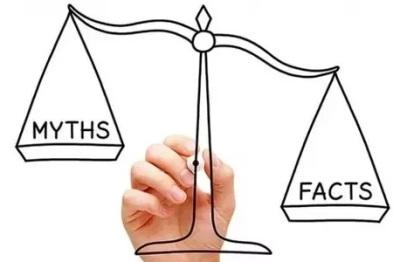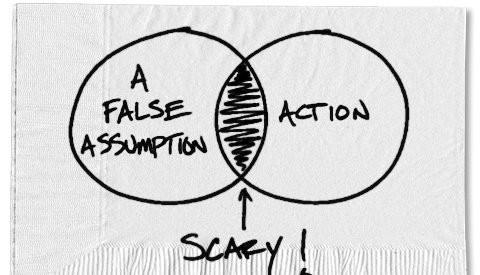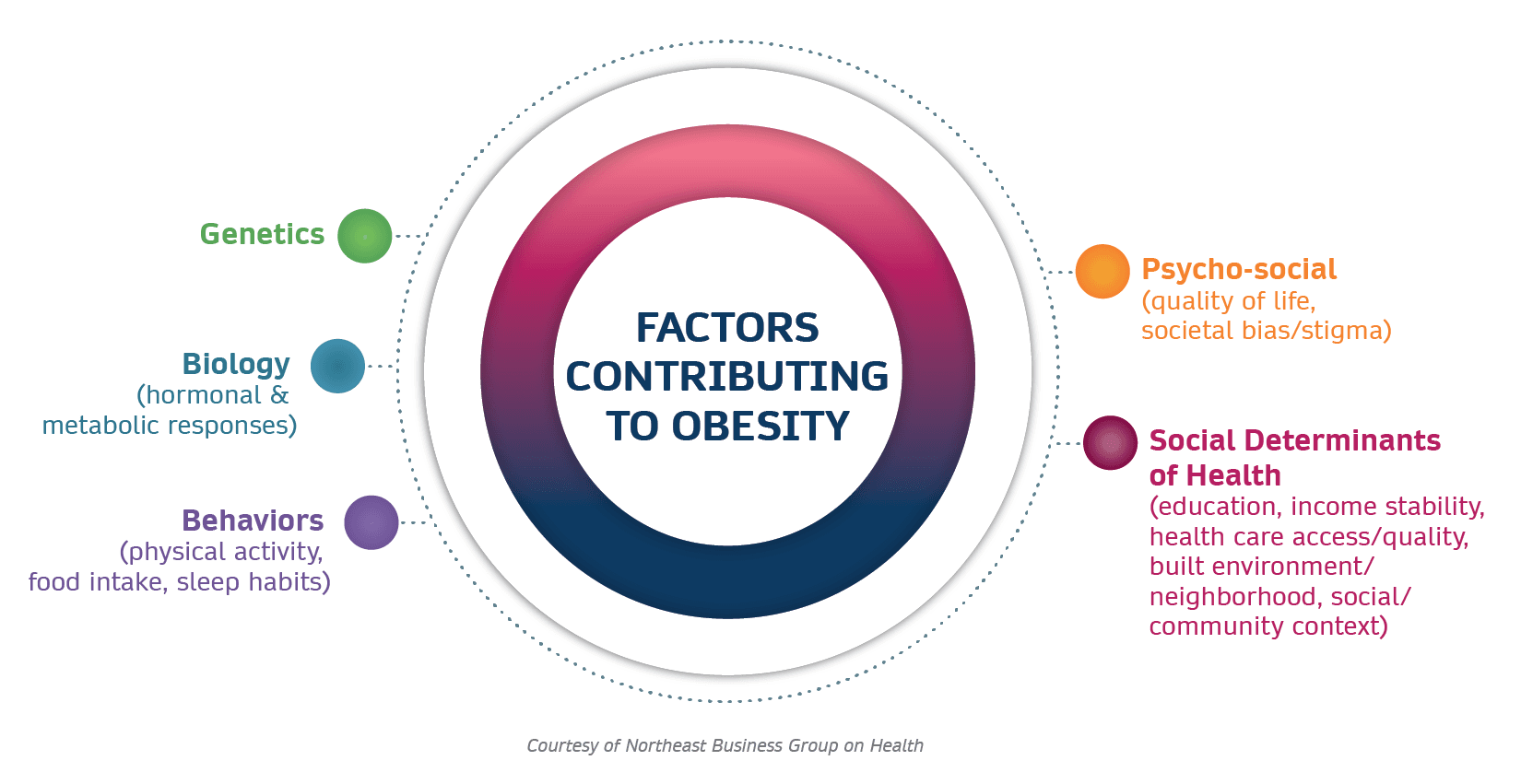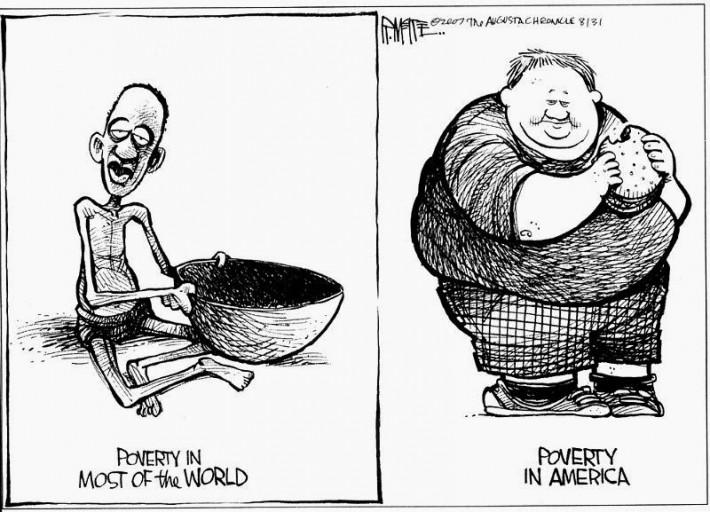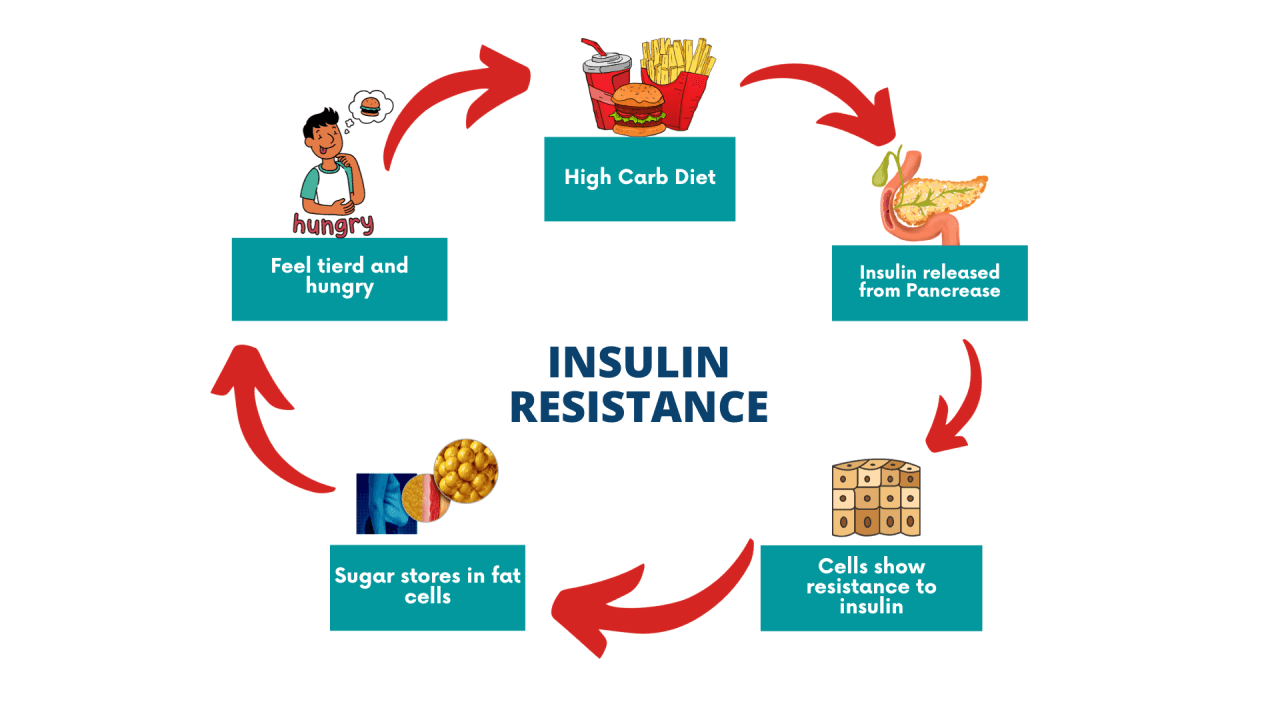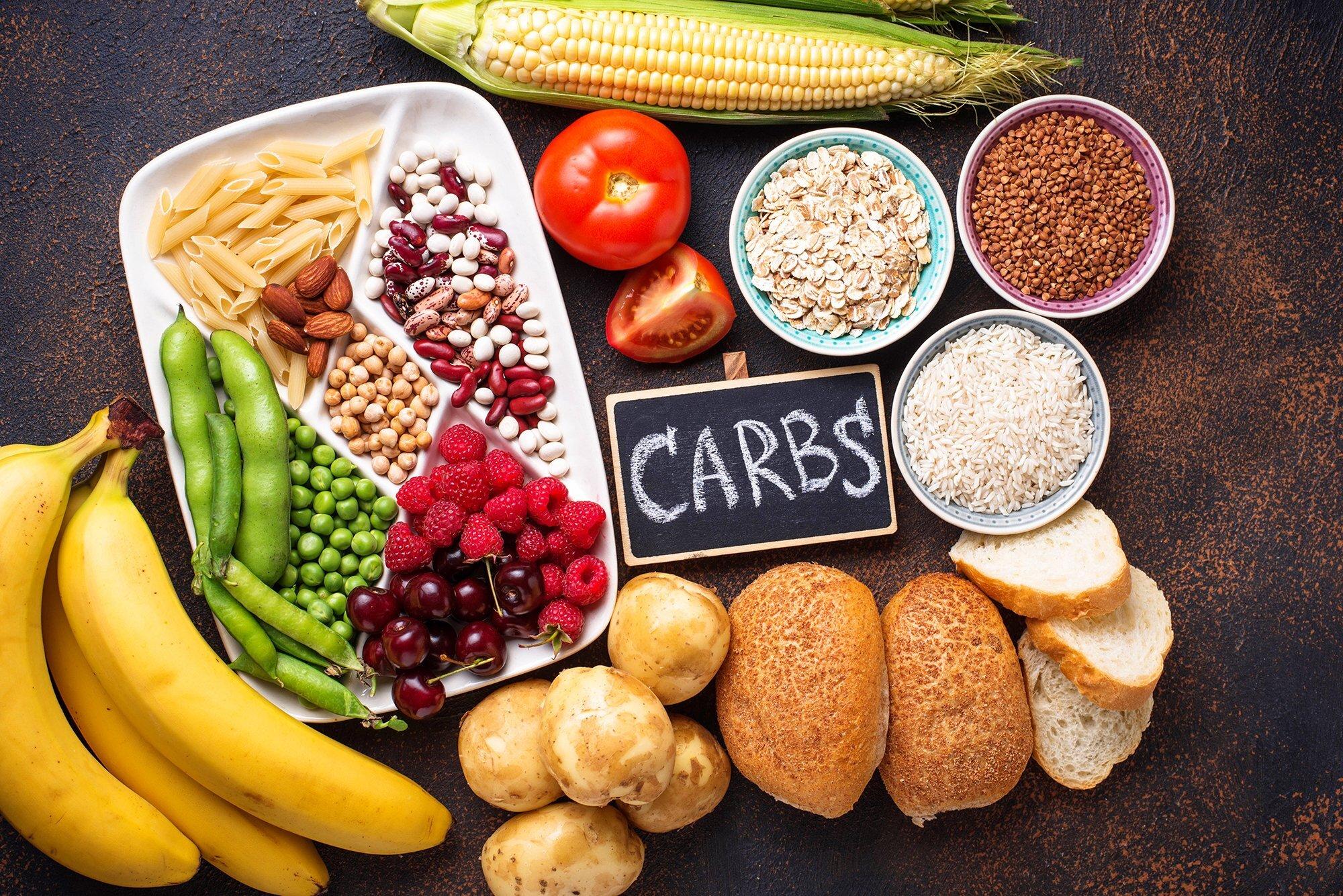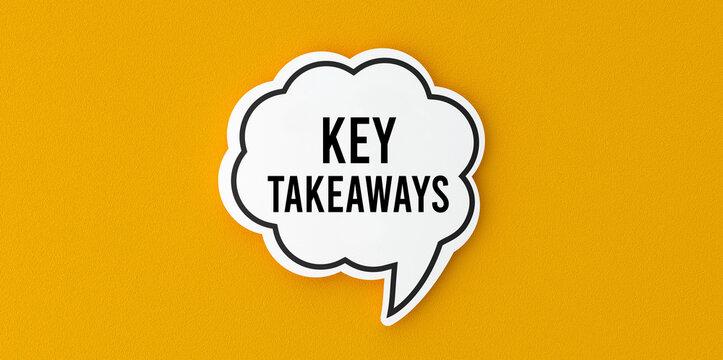𝑩𝒐𝒐𝒏 's Key Ideas from The Obesity Code
by Jason Fung
Ideas, facts & insights covering these topics:
18 ideas
·23.4K reads
45
2
Explore the World's Best Ideas
Join today and uncover 100+ curated journeys from 50+ topics. Unlock access to our mobile app with extensive features.
1. We Face An Obesity Epidemic
- Obesity is an ever-present epidemic. Kidney specialists define obesity as being overweight to the point that if has negative health consequences. To reverse those negative effects, you must lose weight.
- Dr.Fung notes that most doctors and dieticians prescribe eating fewer calories and burning even more calories originate from food. A calorie is a unit of energy, calculated by burning foods in the lab and and measuring the amount of heat released
192
2.11K reads
2. Don't Focus On Calories
- We begin with the history of counting calories. The practice began in the early 1900s with a series of bestsellers that claimed calories were responsible for weight gain. These books advised that the best way to lose weight was to cut calories.
- This idea couldn't be more farfetched. These earlier theories are known as calorie focused diets or caloric diets. They claim that the reasons you can't lose weight are that you eat too much and are lazy.
- In truth, this is far from the case.
190
1.64K reads
3.Don't Focus on Fat
- In the late 1970s, fat became the new thing to avoid. Eating too much fat was linked to heart disease and is a key cause of obesity
- Everyone seemed to adopt a low-fat, high carb diet in response to this new finding. the basis of the food pyramid soon shifted to bread, pasta and potatoes. For decades, this high carb diet has been considered the healthier solution. But this is also a mistake.
190
1.56K reads
"Fat is simply the body's stored food energy. In times of food scarcity, stored food(fat) is naturally released to fill the void. The body does not burn muscle to feed itself until all the fat stores are used. It's crucial to note that... beneficial adaptive changes do not occur in the caloric-reduction diet strategy."
DR.JASON FUNG
193
1.53K reads
4. Focus On Hormones
- Dr.Jason Fung argues that neither calories nor fat are the main causes of weight gain. Rather, hormones are the primary driver of weight gain. The foods we eat contribute significantly to our hormones. These are also genetic factors in weight gain.
- Hormones regulate your body fat. They control hoe much fat you store, where it gathers, and how your body ends up using it in the future.
- So weight management goes beyond keeping tabs on calories in and out.
212
1.52K reads
"Seventy percent of your tendency to gain weight is determined by your parentage. Obesity is overwhelmingly inherited."
DR.JASON FUNG
191
1.53K reads
5. There Are Five False Assumptions About Calories
- Five assumptions underlie "The Calorie Deception"
- The 1st is that you can cut calories by exercising. This calorie deficit diet is often not sustainable, and most will fail at it. While you are likely not to experience any long-term changes. If you cut incoming calories, you will eventually have to cut the calories you burn.
- The 2nd fallacy is how your metabolic rate is steady. This false idea comes from the common belief that you regularly burn a certain number of calories. But this belief cannot consider all the variables of metabolism.
193
1.45K reads
3.The 3rd is that we cannot control calorie storage. we assume we can control our eating habits. However our bodies are the primary driving factors in when we eat & how much we consume. But Body fat regulation is automatic like breathing
4.The 4th is that fat grows inexplicably. This couldn't be further from the truth. Nothing in our bodies happens by accident. Hormones control everything
5.The 5th assumptions is all calories are alike. Proteins, fats & carbs all contain calories & your body uses these building blocks in different ways & stimulates different hormone contributing to obesity
199
1.33K reads
6. Hormone Imbalance is to Blame for Obesity
- Hormonal imbalance is responsible for obesity
- Hormones are molecules that deliver messages to cells. An example is insulin, which lets cells know when to take glucose out of the blood and use it as energy
- High Insulin levels encourage fat storage, while low levels are responsible for fat burning. Also when your insulin level is high over an extended period, your body is likely to store more fat. It's possible to gain weight simply by prescribing you insulin. The hormone is powerful enough to outweigh what you eat. Too much insulin over period will likely make you obese and unhealthy.
207
1.23K reads
7.Social Factors Contribute to Obesity
- Social factors make it harder to lose weigh. The food industry influences you through "triggering messaging".
- Big companies make money by selling you profitable food. It doesn't matter whether it is healthy or not.
- The food industry has three myths, The first is that snacking is good for health. The second is that breakfast is the most important meal of the day. The third is that adding fruits and vegetables to your diet makes it healthy. Big companies design these myths to help them sell their products.
200
1.16K reads
- There is a link between socioeconomic status and obesity. States with the highest poverty levels also have the highest levels of obesity. The reason is that the cheapest and most filling foods are often refined carbohydrates. These are cheapest because there are agricultural subsidies for corn and wheat growers. This amounts to state-sponsored obesity. It targets the poorest and most vulnerable members of society.
198
1.12K reads
"There is simple answer to the question of what to eat at snack time. Nothing. Don't eat snacks. Period. Simplify your life."
DR.JASON FUNG
211
1.21K reads
8. Carbohydrates Are the Secret Assassin in Our Diets
- Carbohydrates drive up blood sugar, which increases insulin levels. Over time these high amounts of insulin lead to increased fat storage and ultimately weight gain.
- Sugar is the chief villain. Its most common forms are glucose and fructose. Glucose drastically drives up blood sugar levels. Your body is then forced to churn out more insulin, which contributes to sugar getting into the cells. Fructose has a different effect. It goes directly to the liver instead of being stored in the cells. The liver then breaks the fructose down and stores the excess as fat. The result is often a fatty liver.
208
1.14K reads
- Insulin resistance causes your body to produce more insulin, creating a significant spike in insulin levels. The effect is an even greater storage of fat in the liver and an even greater insulin resistance.
- This is a vicious cycle, where your liver constantly fights for its life due to your carbohydrate intake. The remedy is to reduce sugar in your diet. This will lower your insulin levels, ultimately causing significant weight loss.
- You do not have to cut out the carbs altogether. Some carbohydrate containing foods can be healthy choices. These include eggplant, kale, spinach, carrots, broccoli
211
1.06K reads
9. Know Which Carbs to Target
- Don't assume you can eliminate sugar in your diet. You can introduce healthier options and target the unhealthiest foods to get rid of.
- The glycemic index helps identify good carbs and bad carbs. When a carb has a high glycemic index and load score, it is likely to have the greatest impact on your blood sugar. Ultimately, this means greater insulin levels.
- Avoid high-glycemic foods like white bread, processed cereals, soft drinks and candy. Substitute for low glycemic index foods like vegetables and some fruits.
214
1.03K reads
10. Learn the Complete Solution to Obesity
- All diets work and fail in equal measure. They fail because weight loss is not permanent. For weight loss to be permanent, you have to lose weight until you reach your body's set weight. In essence, this then resets your brain's 'fat thermostat.'
- To lose weight:
- Reduce added sugars, simple carbs and highly processed grains.
- Make proteins 30% of your total calories.
- Consume natural fats.
- Increase your consumption of fibre and vinegar.
- But this is only one part of the solution. By the time you become obese, your body has likely already had long term insulin resistance.
233
972 reads
"Natural unprocessed fats include olive oil, butter, coconut oil, beef tallow and leaf lard."
DR.JASON FUNG
201
932 reads
Key Takeaways include:
- Don't focus on calories or fat to lose weight.
- Carbohydrates, particularly sugar are responsible for excessive weight gain.
- The food industry is partly responsible for the increase in obesity
- Hormones particularly insulin are responsible for weight gain an are integral to weight loss.
- Low-carb, mid-protein diets are best for losing weight.
- Fasting is crucial in keeping insulin at optimum levels
- Substitute added sugars, processed foods, and simple carbs with healthy fats, fibres and vinegar.
- Avoid high-glycemic foods like white bread, processed cereals and soft drinks
- Snacking is not good.
241
908 reads
IDEAS CURATED BY
CURATOR'S NOTE
The Obesity Code is a timely read that offers insight into the obesity epidemic. It delves into the current myths of weight loss and offers incredible insights into factors that lead to obesity. This book is a step-by-step guide on losing weight and rebooting your health.
“
Different Perspectives Curated by Others from The Obesity Code
Curious about different takes? Check out our book page to explore multiple unique summaries written by Deepstash curators:
1 idea
Discover Key Ideas from Books on Similar Topics
9 ideas
Can a DNA Test Really Help You Lose Weight?
vitals.lifehacker.com
17 ideas
8 ideas
Biohack Your Brain
Kristen Willeumier
Read & Learn
20x Faster
without
deepstash
with
deepstash
with
deepstash
Personalized microlearning
—
100+ Learning Journeys
—
Access to 200,000+ ideas
—
Access to the mobile app
—
Unlimited idea saving
—
—
Unlimited history
—
—
Unlimited listening to ideas
—
—
Downloading & offline access
—
—
Supercharge your mind with one idea per day
Enter your email and spend 1 minute every day to learn something new.
I agree to receive email updates
